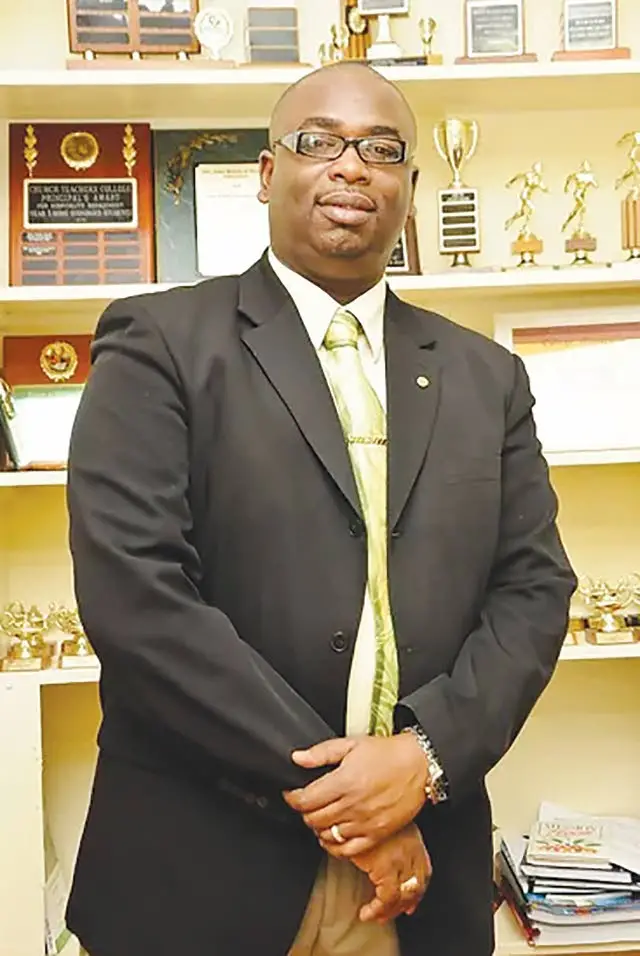Garth Anderson, Dean of the Teachers’ Colleges of Jamaica (TCJ), has strongly rebutted recent criticisms directed at teacher-training institutions, which have been accused of failing to adequately prepare educators for the classroom. The criticisms, voiced in a Jamaica Observer column by university lecturer Oneil Madden, suggest that the quality of teacher training is subpar, particularly in relation to the Caribbean Advanced Proficiency Examination (CAPE) and Caribbean Secondary Education Certificate (CSEC) syllabi.
Madden’s column claimed that the content delivered at teachers’ colleges does not align with the CAPE level and that many graduates lack familiarity with key syllabi because these were not covered in their methodology courses. He further argued that the lecturers themselves are inadequately prepared, with a deficit in both content and methodology, which he believes negatively impacts the competence of graduates.
In a robust response, Dr. Garth Anderson, who also serves as the principal of Church Teachers’ College in Mandeville, Manchester, defended the teachers’ colleges and dismissed Madden’s claims. Anderson criticized the article for misrepresenting the realities of the teacher-training system and pointed out that degrees are awarded in collaboration with The University of the West Indies, which is involved in the ongoing revision of about 400 courses to ensure their relevance.
“Our programs are continually updated through a consultative process involving various stakeholders, including the Ministry of Education,” Anderson explained. “We have incorporated changes to reflect new educational initiatives like the Primary Exit Profile (PEP) and CAPE. Claims that our graduates are unprepared are simply unfounded.”
Anderson also addressed the assertion that teacher trainers are underqualified, emphasizing that all lecturers in teacher-training colleges are required to hold master’s degrees or higher in their respective fields. Those without a specialized content area must complete additional advanced coursework.
He rebuffed Madden’s critique of the capacity of educators, noting that Jamaican teachers are highly sought after globally, securing jobs in places like Dubai, Europe, and North America even before completing their training. Anderson emphasized that while teacher quality is crucial, student performance is influenced by a range of factors beyond the control of educators, such as resources, early childhood education, and individual learning needs.
Dr. Anderson also highlighted systemic issues, including inadequate student evaluations and psychological assessments, which contribute to the variability in student performance. He stressed that while the PEP system aims to address some of these issues, a comprehensive approach to evaluating and supporting students from early childhood is necessary.
Concluding his defense, Anderson reaffirmed the significance of teachers’ colleges in Jamaica’s educational landscape. “We are the backbone of tertiary education in this country and continuously work to stay at the forefront of teaching and learning developments. Our students enter our programs with the necessary qualifications, and it is both reckless and irresponsible to make broad claims without supporting evidence.”
Dr. Anderson’s response underscores the commitment of Jamaica’s teacher-training institutions to uphold high standards and adapt to evolving educational demands, while also calling for a more informed and evidence-based critique of the system.

